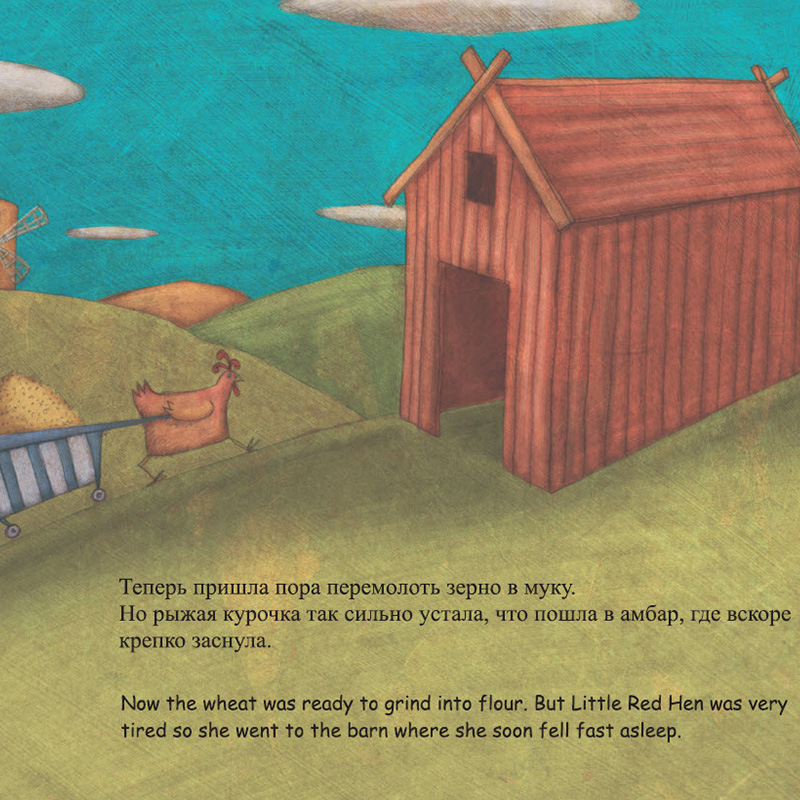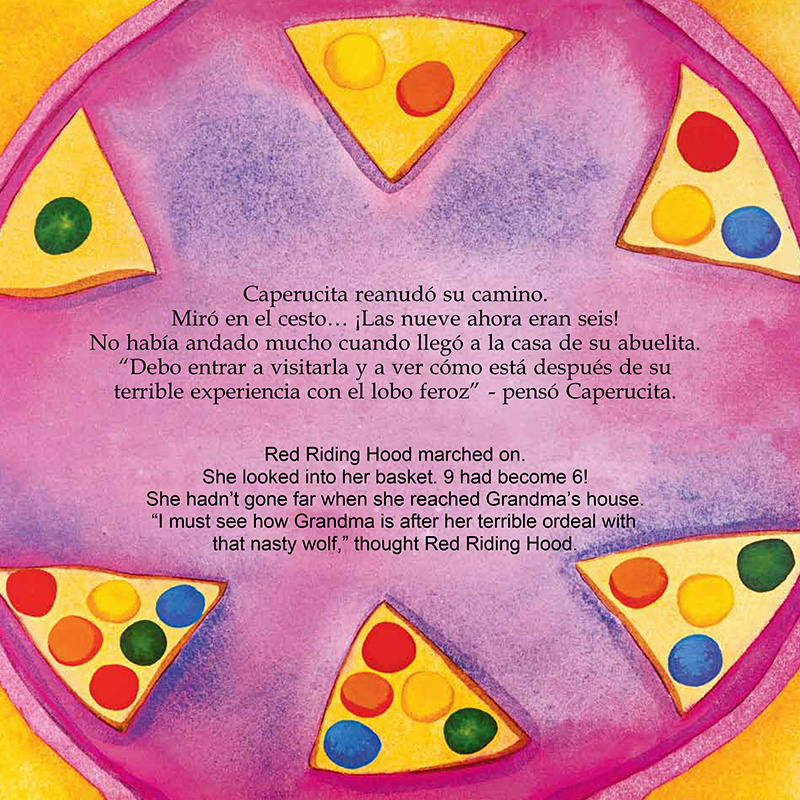books
26
May
Spotlight on Irish
When we lose a language, we lose a part of our culture and history. A Day with Grandpa by Fiona Scott is a gentle way of talking about dementia with your children, especially if they have an affected grandparent. But the theme of forgetting, and losing who you are with that loss, runs through into the Irish that we have among our dual language versions of this book.
14
Apr
Simple Ways to Boost Your Bilingual Child’s Language Skills
Raising bilingual children can be challenging, especially if you want them to speak fluently in two (or more) languages.
If you live in an English-speaking country, the English language will always be dominant for your children, regardless of what language you speak to them at home.
It is easier when they are small, but once they start to go to school and be exposed to the English language for 6 hours a day, that is when things usually change. Even if they haven’t before, your children suddenly start to speak to you in English.
If you live in an English-speaking country, the English language will always be dominant for your children, regardless of what language you speak to them at home.
It is easier when they are small, but once they start to go to school and be exposed to the English language for 6 hours a day, that is when things usually change. Even if they haven’t before, your children suddenly start to speak to you in English.
08
Apr
9 Benefits of Reading to Children
Have you ever wondered how reading benefits your children?
The study by the Department of Education and Early Childhood Development in State Government Victoria shows that there is an important role for parents in the development and educational performance of their children.
The study by the Department of Education and Early Childhood Development in State Government Victoria shows that there is an important role for parents in the development and educational performance of their children.
05
Jul
The Latest British Council report reveals struggle of language learners in the UK. Can bilingual books help?
This week the British Council released their 2019 report on the state of language learning in schools. Judging by the results, there’s never been more of a need for bilingual books.
What does the British Council report say?
20
Jun
The benefits of bilingual books - six pertinent questions (and answers)
To be brought up bilingual is a rare gift, but like most gifts in life, it isn’t always plain sailing. And when it comes to reading, it’s double the trouble, and double the fun, but also, sometimes, double the work.
You may find that your bilingual child or pupil has a preference for one language over the other; you may find that they often mix the two. You may find that the learner speaks one language with one caregiver, and a different language with another.
You may find that your bilingual child or pupil has a preference for one language over the other; you may find that they often mix the two. You may find that the learner speaks one language with one caregiver, and a different language with another.







